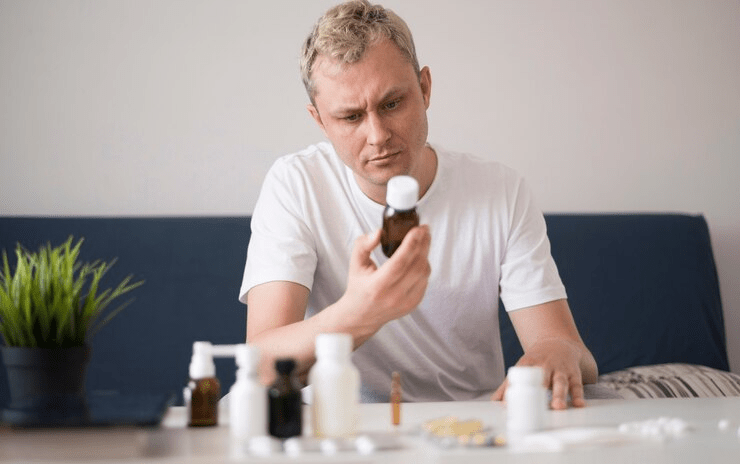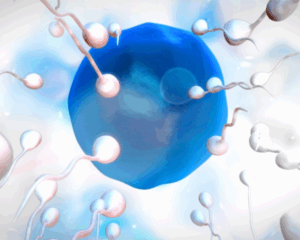
Prolistem for Non-Obstructive Azoospermia: A Comprehensive Guide
Prolistem for non obstructive azoospermia, Non-obstructive azoospermia (NOA)

Azoospermia is a medical condition in which there is no sperm in a man’s semen. This can make natural conception difficult or impossible. Many men diagnosed with azoospermia wonder if medications can help treat the condition. In this article, we will explore whether azoospermia can be treated with medication, the different types of treatments available, and other options for improving male fertility.
Azoospermia affects about 1% of men and is responsible for 10-15% of male infertility cases. It is classified into two main types:
The treatment for azoospermia depends on the underlying cause, and in some cases, medication can help.
While medications are not always a guaranteed solution, they can be effective in certain cases of azoospermia, especially for hormonal imbalances or mild cases of sperm production issues. Below are some medications commonly used: Can Azoospermia Be Treated With Medication?
Hormonal imbalances can lead to azoospermia. Some men may benefit from hormone-based medications, including:
Medications like Tamoxifen and Aromatase Inhibitors (such as Anastrozole) help block estrogen effects and can promote sperm production in some men.
Certain vitamins and supplements can improve sperm production and overall fertility, such as:
These supplements may not cure azoospermia but can help improve sperm health in cases of mild sperm production issues.
In cases where an infection has caused azoospermia, antibiotics can be prescribed to treat the infection. However, this may not always restore sperm production.
While medications can be effective for some men, they may not work for others. Here are cases where medications may not be helpful:
If medications do not work, other treatments may be considered, including:
Even though medication may not always work, adopting a healthy lifestyle can improve overall reproductive health:
So, can azoospermia be treated with medication? The answer depends on the underlying cause. If the condition is due to hormonal imbalance, infections, or mild sperm production issues, medications like hormone therapy, antiestrogens, or supplements may help. However, for more severe cases, surgical and assisted reproductive techniques may be necessary.
If you or someone you know is struggling with azoospermia, it is important to consult a fertility specialist to determine the best treatment plan. Every case is unique, and with the right diagnosis and treatment, many men can still achieve biological fatherhood.

Prolistem for non obstructive azoospermia, Non-obstructive azoospermia (NOA)

Introduction Male infertility, especially caused by azoospermia, affects

We are proud to have participated in the

Introduction: A New Hope in Male Infertility Treatment
PROLISTEM® is a Patented Formula
Copyright © 2025 Prolistem®